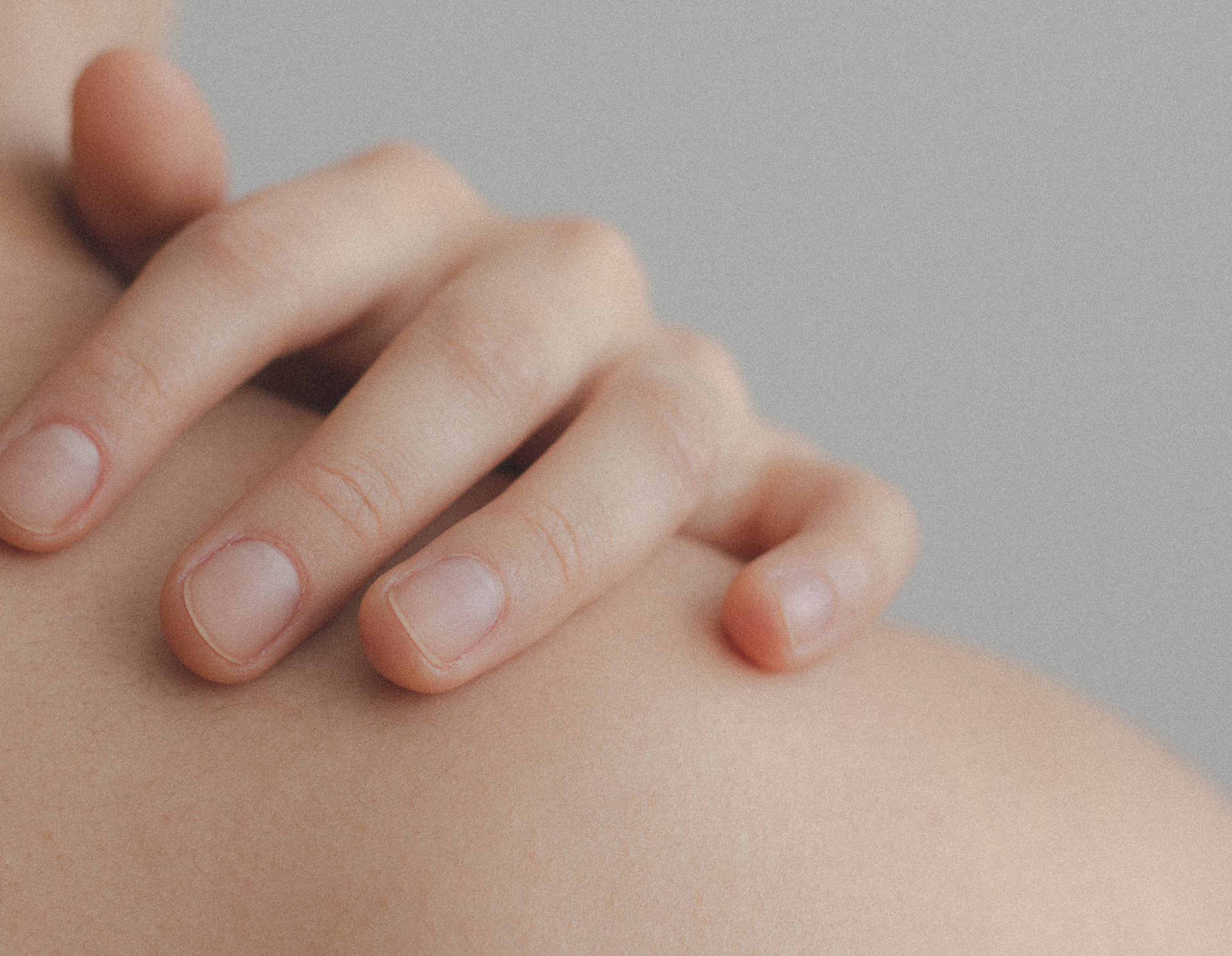How to Soothe and Protect Sensitive Skin After Radiation Therapy
Essential Skincare Tips for Post-Radiation Skin Recovery
Radiation therapy plays a vital role in treating various types of cancer, but it can have significant side effects on the skin. Many individuals experience dryness, redness, flaking, or heightened sensitivity during and after treatment. Proper skincare is essential—not only to reduce discomfort, but also to protect and support your skin as it heals.
Understanding Radiation’s Effects on Skin
Although radiation therapy is designed to destroy cancer cells, it often impacts nearby healthy skin. Common side effects include:
- Dryness and flaking
- Redness and inflammation
- Heightened sensitivity
- Itching or burning
- Slower healing or breakdown of skin in treated areas
These symptoms can vary based on the area treated, dosage, and individual skin type—but nearly all patients benefit from a focused, gentle skincare routine.
Skincare Tips for Post-Radiation Skin Recovery
Here are dermatologist-recommended strategies to help soothe, protect, and care for radiation-affected skin:
1. Cleanse Gently with Mild Products
Avoid soaps with harsh chemicals, fragrances, or exfoliants. Use a fragrance-free, hydrating cleanser that supports the skin’s natural barrier. Stick to lukewarm water to avoid stripping the skin of moisture.
2. Prioritize Moisture with Calming Ingredients
Hydration is a key factor in skin recovery. Apply a soothing, hypoallergenic moisturizer several times daily. Look for ingredients like:
- Aloe Vera – To calm irritation and redness
- Hyaluronic Acid – For deep, long-lasting hydration
- Ceramides – To repair and strengthen the skin barrier
- Vitamin E – To nourish and provide antioxidant protection
3. Avoid Common Irritants
Steer clear of products that contain:
- Fragrances or essential oils
- Alcohol-based formulas
- Harsh preservatives or dyes
Instead, choose products specifically designed for sensitive or compromised skin to minimize the risk of further irritation.
4. Protect Your Skin from Sun Exposure
Radiation-treated skin is more vulnerable to UV damage. Apply a broad-spectrum SPF 30 or higher daily, and wear protective clothing, especially if the treated area is exposed.
5. Incorporate Cooling Relief
For discomfort like itching or burning, consider using cooling gels or gel-based moisturizers. Oatmeal baths and light aloe vera applications can also offer soothing relief.
6. Be Gentle – Don’t Scratch or Rub
Itchy or irritated skin can be tempting to touch, but scratching can delay healing or cause infection. Pat your skin dry after cleansing, and speak to a healthcare provider if the itching becomes severe.
Thoughtfully Formulated Skincare for Radiation Recovery
At Kureology M.D., we specialize in skincare designed for individuals undergoing cancer treatments, including radiation therapy. Our over-the-counter products are:
- Fragrance-free and hypoallergenic
- Formulated with barrier-repairing, hydrating ingredients
- Developed with the insight of an experienced oncologist
Each product is thoughtfully crafted to support healing and comfort during one of the most sensitive times for your skin.
Gentle Support for Your Skincare Journey
Caring for your skin after radiation doesn’t have to be complicated—but it does need to be intentional. With the right products and daily habits, you can reduce irritation, promote healing, and feel more confident in your skin.
Explore Kureology M.D.'s full line of radiation-friendly skincare and discover relief designed just for you.





Share On: